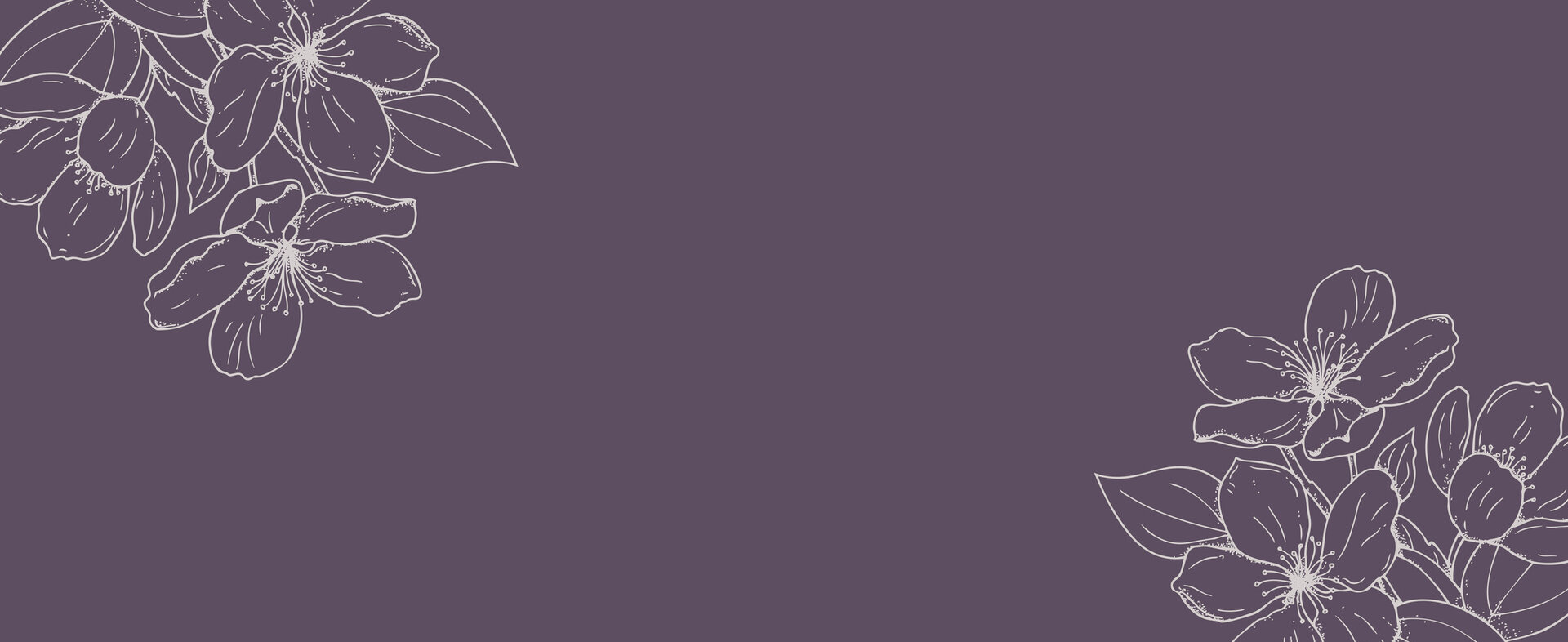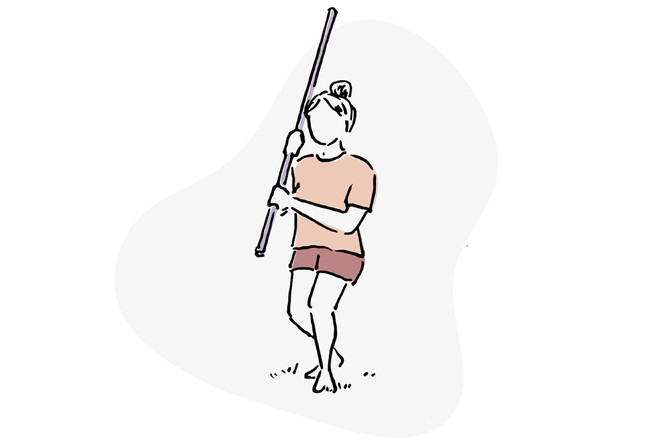POP at 35 / Story at 39
I am 39 and currently pregnant with my third child. I was diagnosed with stage two anterior, posterior, and apical prolapse when I was 35.
At the time of my diagnosis I was working as a musculoskeletal physiotherapist. I had some limited experience of pelvic health and I was aware of the symptoms and causes of pelvic organ prolapse. However, I did not consider a diagnosis of POP when I was looking for help for my symptoms because my main symptoms were vulva pain and pain with sex (dyspareunia).
I had significant pelvic girdle pain and vulva varicose veins during my first pregnancy. I was told the varicose veins would resolve after birth. The veins on the right ruptured during my delivery and caused some bleeding but I continued to feel vulva pain and heaviness on the left side. I also had a second-degree tear and the scar was painful during sex.
When my son was 6 months old I went to my doctor for help and again when he was one. I was told there was no sign of the varicose veins and everything looked normal. However, I was still having left sided vulva pain so eventually, in exasperation, I paid privately to see a gynaecologist. She was very brisk, did an examination, and told me I had a stage two anterior, posterior, and apical prolapse. The pain was caused by overactive pelvic floor muscles, not the varicose veins. I was really shocked and mostly annoyed that if the gynaecologist could diagnose my POP so quickly, how had two different doctors missed it when they examined me?!
I was referred to a private pelvic health physiotherapist and she helped me with pain management. Attending appointments over an hour-and-a-half from where I lived was difficult though, particularly with a small child. Because I had to down-train my overactive pelvic floor muscles I initially noticed an increase in what had been only minor issues with emptying my bladder and mild Stress Urinary Incontinence (SUI). This improved slowly once I was able to start pelvic floor strengthening.
I reacted very badly to my diagnosis and this surprised me. I felt vulnerable and like yet another part of me was broken. I have stage four endometriosis. We had tried for a long time to have our first child and eventually had IVF. I was keen to have another child but now I was worried another pregnancy and delivery would worsen my POP. We decided to delay further fertility treatment. I had been trying to lose weight and get fit, ready to do another round of IVF, but lost motivation. I had just started learning Maori Martial Arts, but stopped because I did not feel able to do the jumping and high impact. I was overly cautious demonstrating exercises to patients and with lifting.
More important to me was how hesitant I found myself to discuss my diagnosis with my husband. I did not mention the POP and just explained the cause of pain from the overactive pelvic floor muscles and my scar. I struggled with my reluctance to let my husband know. I had asked him if having sex had felt the same for him after I gave birth. He said yes, but I was worried he just didn’t want to hurt my feelings because things really did not feel the same to me.
I have known my husband since I was 18 and he has been my best friend for over half my life. I would have said there was nothing I would not talk to him about. But I think there are a lot of relationship changes to navigate when you become parents and years of trying to conceive takes a toll. Infertility treatments can really suck the spontaneity and fun out of your sex life and so can a small child that never lets you get any sleep. I was very aware of all the changes to my body after pregnancy, and I had already felt somewhat less of a woman because I couldn’t just get pregnant. Then, despite wanting a baby so much, I had hated being pregnant and felt so awful during the whole nine months. My endometriosis sometimes left me incapacitated and fatigued for a couple of days at a time.
To learn that now my internal organs were trying to drop out just felt outside of enough and more than I could cope with. I knew this was an irrational exaggeration and everything was still inside my body, but I still felt even less attractive and it significantly reduced my libido.
I went to see another private gynaecologist, recommended by my physiotherapist, and she was very reassuring. She gave me options for surgery once I had finished having children, explained that my tear had been repaired unevenly and that they had not stitched the muscles, but that this could also be repaired. She gave me a ring pessary. I tried several different types of pessaries, but had difficulty getting one that fitted due to my posterior wall prolapse.
With the help of my physiotherapist I eventually found one that suited me. I felt able to exercise again with confidence and my bladder symptoms improved. I was much happier, discussed my diagnosis with my husband and felt I could manage well with a cube pessary. Life got back to a new normal.
We were incredibly lucky and had another successful IVF round. Our daughter was born in 2018. I had significant symptoms from my POP during pregnancy, had SUI, was more aware of a bulge and had difficulty emptying my bladder and bowels. After giving birth I needed surgery for a post-partum hemorrhage. The upside of this was that my new tear was repaired much better than before and I no longer had any issue with my scar during sex.
My husband and I decided that we were incredibly lucky to have two healthy kids and trying for more might be pushing our luck. We were not going to have any more fertility treatment so I was finished having babies and could consider surgery. Despite some worsening of my posterior wall prolapse, I decided against surgery because I was able to manage my symptoms well with a pessary and was confident that I could resume all the normal activities I wanted including getting back into rakau. This turned out to be a lucky decision, because to our complete surprise I conceived naturally.
Meeting my pelvic health physiotherapist was the best support for me both as a patient and as a physiotherapist. She has been a great mentor. My experience motivated me to specialise in pelvic health because access to any care is so limited. There are long waiting lists to see anyone via the public health system and very few private pelvic health physiotherapists outside of larger towns. People in rural areas face long journeys to get help. Help and support is so important when dealing with POP!



